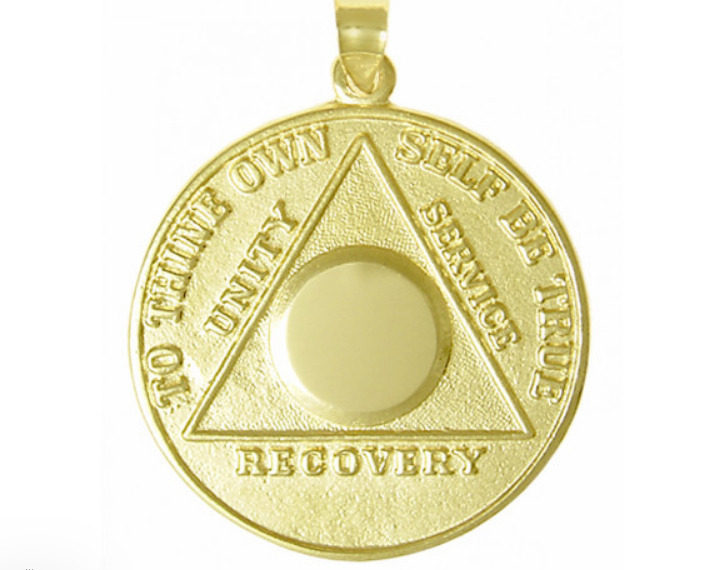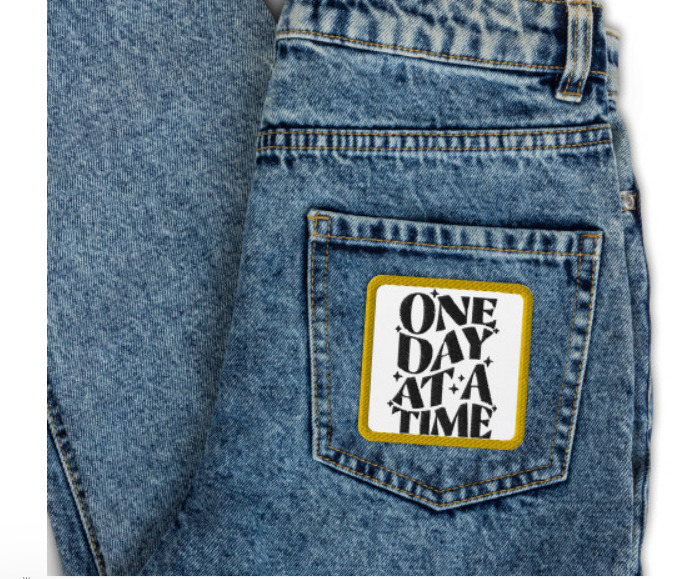Breaking Free: 7 Recovery Challenges In Rehabilitation
Posted by Daniella Park on 12th Apr 2024
Getting better from being addicted to drugs is a big deal. It’s a tough road, but it also has wins. For people hooked on drugs, rehab gives hope. It lets them break free from needing drugs. And rehab puts them on a path to feeling whole and clean again.
But recovery has roadblocks, too. This “How to Overcome Addiction” guide talks about seven common issues people face when recovering from addiction. It also gives tips to get past them. From welcoming change to being kind to yourself, every issue is a chance to grow and change for the better. Let's look at these issues and gather tools to make recovery easier.
Change is hard but being kind matters. Each bump teaches us, and with determination, we can get break the chain from addiction. So, let’s begin.
1. Embracing Change

Change is hard when fighting addiction; it is like things staying the same. The idea of change can seem scary for many people. But rehab is a time for changing things. It's a chance to stop bad habits and start a new life.
To deal with this challenge, we should be open to change. We must want to learn about ourselves. See change as a way to grow. Symbols like recovery bracelets or coins can help. They remind us of our progress. They show our strength to recover.
These sobriety symbols mean a lot. They show the courage needed to get better. The resolve to start a new life without addiction. They prove we can do hard things. Seeing them helps us keep going on our recovery journey.
Changing is not easy. But we have the strength inside us. We can face our worst nightmares. We can stop addiction's control over us. Each day brings new hope for a better future.
2. Overcoming Triggers
Changing habits is tough when dealing with addiction. Addiction gets comfy with routine. The idea of change seems scary for many people. But rehab is the perfect time to transform your life. It's a chance to stop unhealthy patterns and start fresh.
To handle this challenge well, be open to change. View it as self-discovery. See change as an opportunity to grow as a person. Use symbols like sobriety bracelets or recovery coins. They remind you of progress made. The symbols show your courage. They represent how strong you are for choosing recovery.
Embrace the journey ahead. Welcome the new positive lifestyle changes. Recovery is possible with an open mindset and determination. With that said, small steps lead to big transformations.

3. Building a Support Network
Recovering from addiction isn't easy. You need help from others. Connect with people who understand addiction challenges. Join support groups, therapy, or find a sponsor. These allow you to meet people going through similar experiences. They can guide and encourage you.
Your family and friends are important too. Build bonds with loved ones who want you to recover. They give you a sense of belonging and keep you accountable. Even when it's tough, they help you stay on track. Remember, together, we are stronger than addiction. With support from others, overcoming recovery obstacles becomes possible.
4. Managing Cravings
Wanting to use substances again is normal when you stop. But these urges can complicate your recovery regime. Managing them well is key to lasting success. Although cravings seem intense at times, remember they don't last forever. You can overcome them.
Doing healthy activities like exercise, meditation, or hobbies helps take your mind off cravings. It lessens how strong they feel. Carrying a recovery item, like jewelry and clothing, reminds you of your goal to stay sober. This gives strength when tempted.
Having good ways to cope and support from others helps you deal with cravings. You can maintain sobriety with effort and commitment.

5. Dealing with Relapse
Recovering from addiction is not easy. Sometimes, people relapse or start using substances again. That's normal and okay. Don't feel bad. Instead, learn from it. Ask loved ones for support. They care about you. Go to support groups like AA (Alcoholics Anonymous) or NA (Narcotics Anonymous).
There, you can share your story and get help from people who understand. You could also talk to a therapist who knows about addiction. They can give ideas to avoid relapsing again. Relapse doesn't mean you failed. It just means you took a detour. With hard work and help, you'll get back on the recovery path.
6. Addressing Co-Occurring Disorders
Lots of people with addiction problems also have other mental health issues. This makes recovering harder. Getting help for both is very important.
Talking to therapists trained in addiction and mental health can help a lot. Going to support groups like AA or NA is also useful. There, people can share their experiences. They can get advice from others who understand what they are going through.
Remember, getting better involves the whole person. By dealing with addiction and mental health together, people can find lasting recovery and wellness.
7. Cultivating Self-Compassion
Being kind to yourself is very important when dealing with addiction. You should acknowledge your progress, even if it's small. Celebrate your achievements and milestones. Forgive yourself when you experience setbacks. This will help you stay motivated and strong.
Self-care activities like mindfulness, meditation, or journaling can help you feel more compassionate towards yourself. These practices can improve your emotional well-being. Include them in your daily routine.
Drug addiction recovery is a journey, not a one-time event. Treating yourself with kindness and compassion will help you handle the ups and downs. You can navigate this journey with grace and resilience.

Bottom Line
Addiction recovery is a complex and challenging journey, but it's also a journey of hope, healing, and transformation. By acknowledging and addressing the various challenges encountered during rehabilitation, individuals can pave the way for lasting sobriety and wellness.
Remember, you are not alone—there is hope, there is help, and there is a brighter future waiting on the other side of addiction.


